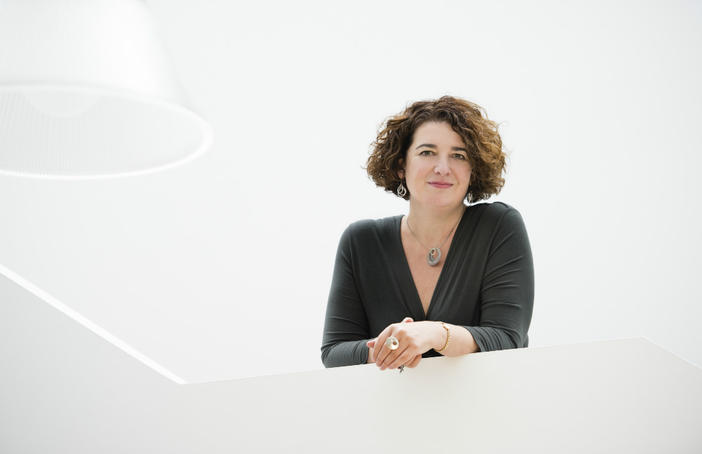Blog Post
Sharing the controls: inclusive leadership, inclusive audiences
Moira Sinclair, CEO of the Paul Hamlyn Foundation and contributor to a panel on inclusive leadership at our People Place Power conference, on how smarter ideas can emerge from people with lived experience

When I was asked to speak at the CPP People Place Power conference, I struggled to find a way in that felt authentic and relevant, so I framed my response around my role as:
- an employer, thinking about how one develops leadership in individuals and teams
- a CEO, reflecting on the organisational structures and processes, which can either inhibit or encourage the space for inclusive leadership
- a funder, with the potential to influence, concerned with how we use our leverage to best effect.
This placing of the conversation firmly in the space of individual responsibility and action, as well as acknowledging the need for systems change, seemed to be appreciated.
My challenge to the room and to myself was that it is hard to be an inclusive leader if you don’t talk about power, and find a way to be comfortable both in exercising it, and in the letting go of it.
In the act of making decisions about what to fund, I undoubtedly exercise power. The ‘why’ we, at Paul Hamlyn Foundation, chose to invest in work to increase access to and participation in the arts, and the challenge of deciding ‘where’ to place that investment is, at least, an attempt to disrupt existing power dynamics in our sectors, to share control and to bring to the fore new types of leaders and leadership.
Opening up access to the arts and placing value on the arts that local people make and appreciate can be, in itself, a political and powerful act, one of social justice - that assumes that the arts are not a privilege, but a right; that there can be relationship between culture and change. This was a theme throughout the conference - that power is not only a force of oppression and control. It can also be a force of creation and liberation, especially if that power is acknowledged and the control ceded in some way.
I spoke of my own need to be ‘in control’ and how hard I have worked to develop a more inclusive leadership, to let go, and to mitigate the worst of my behaviours.
Because that need to feel in control can be very draining and counterproductive. The inability to welcome expert voices and advice to decision making is harmful. In fact, it makes good business sense to maximise the thinking of diverse groups, recognising that smarter ideas can emerge from people with lived experience and you can reduce the risk of being blindsided by ignorance of setting, context and behaviours.
And all the panel members talked and reflected on their values, their life experiences and how they shape their actions. Perhaps, in my contribution, what seemed to have most resonance for the audience was that moment of self-reflection and an acknowledgement of privilege. In feedback, the naming of it and the recognition that, at PHF, we are working to challenge it, was welcomed.
Whether that is in opening up our grant making, publishing in an easily searchable, shared database and having external, expert advisers as part of our decision making. Or in trialing new application methods, with video submission instead of reams of paperwork. Or in funding ‘unusual suspects’ - housing associations and youth organisations, artists whose work is rooted in their own experiences and who are critical of the very reasons we exist, and programmes that connect across boundaries.
I felt that there has been progress, with some powerful examples of artistic and community voices being showcased at the conference. Feedback from the floor suggested that there was some frustration with the pace of change, balanced with a great deal of positivity about the talent and leadership currently being unleashed.
Moira Sinclair, Paul Hamlyn Foundation
Photo: Phillipa Gedge







